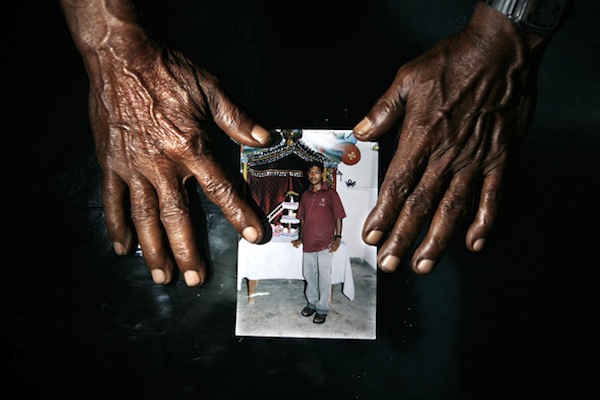http://passionparade.blogspot.com/2012/08/jaffnas-women-take-trishaw-ride-to.html
DushiYanthini Kanagasabapathipillai in Jaffna, North of Sri Lanka

Women are workers and contribute to the national economy
All over South Asia, more and more women are becoming breadwinners, although their contribution is still hardly publicly recognised. Despite the fact that they work as hard as men, they also continue to be paid less.
Take Sri Lanka. Women comprise 50.8 per cent of the country’s total population of 21.3 million and have been part of the workforce for decades. They have worked extremely hard and have made many sacrifices. Today, they continue to contribute to the national economy, which accounts for 52 per cent of Sri Lanka’s exports. There are women working in traditional sectors, like in the tea and rubber plantations, and in non-traditional sectors like garments and domestic work, according to the Shadow Report prepared by the Centre for Women’s Research in 2001. Continue reading →

